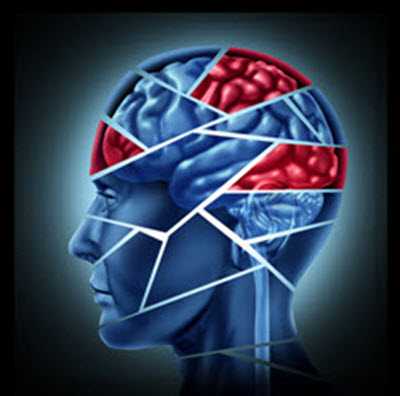
Loss of motor control is a common issue for patients with traumatic brain injuries. Traumatic brain injuries, or “TBIs,” can affect virtually every aspect of your life. While some might assume that TBI patients struggle with mostly psychological or cognitive issues, they may also encounter serious physical problems. The brain is responsible for physical movement as well as thought processes – and an injury can seriously affect the way you move. To discuss options for compensation after encountering these issues, consider a consultation with an experienced traumatic brain injury lawyer in Baltimore.
How Does a Traumatic Brain Injury Affect Motor Control?
According to the National Institutes of Health (NIH), mobility is one of the most important factors in determining a patient’s quality of life after a brain injury. If a patient encounters serious mobility issues, the NIH states that a decrease in “life satisfaction” is almost guaranteed.
Motor control problems are common in moderate to severe brain injuries. Of those who suffer these kinds of brain injuries, almost 80% report issues with motor control. In the medical world, “motor control” is the ability to control one’s body. Motor control is also associated with balance. Lower-body motor control problems and poor balance can make walking very difficult after a brain injury.
Unfortunately, a traumatic brain injury can increase the risk of further injuries due to these motor control issues. If you have suffered a TBI in the past, you are more likely to fall. This could potentially lead to more TBIs, causing your quality of life to spiral downward at an exponential rate.
Different parts of the brain are responsible for different functions. A brain injury that affects areas responsible for motor control inevitably makes mobility much more challenging. Examples of these areas include the striatum, the thalamus, and the cerebellum. Head injuries are also associated with white and gray matter atrophy – and the loss of white matter integrity. This can cause further complications for motor control.
Treatment Options for TBI-Related Motor Control Issues
Various treatment options may be possible for TBI-related motor control issues. Basic strengthening exercises can help, especially if brain injuries cause muscle atrophy. Some patients have experienced positive results with stretching exercises. Another potential option is electrical stimulation with electrodes. With sufficient therapy, the brain can re-learn how to control the muscles – and severed neurological connections can be re-established.
Find an Experienced Traumatic Brain Injury Lawyer in Baltimore
Furman | Honick Law has helped numerous traumatic brain injury patients in Baltimore, and we can do the same for you. With innovative treatment options, you may be able to address your motor control issues. However, these treatments are often quite expensive – and a personal injury lawsuit could provide the funds you need to properly heal. Book your consultation today to discuss your legal options in more detail.
Sources:
ncbi.nlm.nih.gov/pmc/articles/PMC10243142/
ncbi.nlm.nih.gov/pmc/articles/PMC4077333/